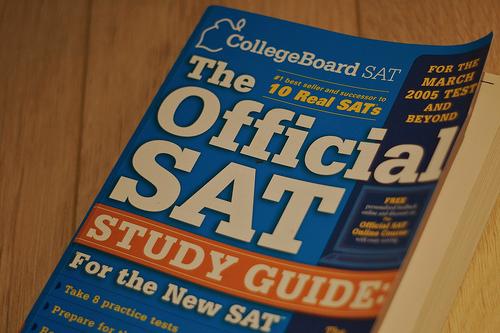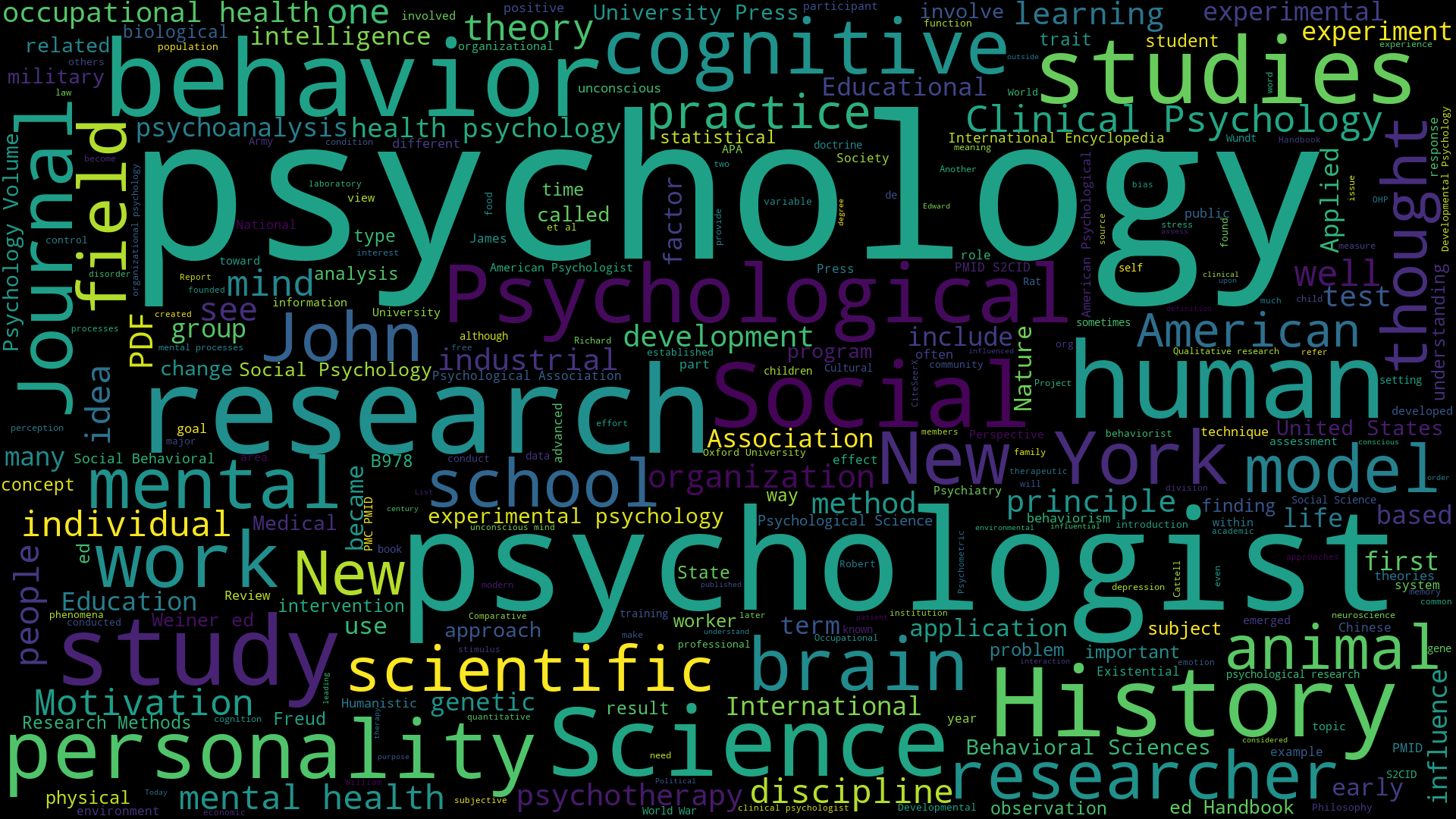1600 colleges across the country are currently test-optional. The bane of every upper high school student’s existence are the SAT or the ACT test, so this is no small deal.
The weight that is put on these tests is absolutely mortifying, as subpar testing skills, or a simple off-day could single-handedly squander your university dreams.
Three of the top universities in the United States have currently suspended their SAT/ACT requirements. Harvard, Stanford, and MIT all appear sympathetic to student’s tough situations-- well, sympathetic to the class of 2022, anyway.
Nothing is written in stone for further high school classes.
Colleges throughout the United States seem wholly divided on the issue of SAT/ACT requirements for the coming years.
Even before the pandemic, the SAT was being reevaluated by many institutions for how it exacerbates socioeconomic disparities; students who can afford years of prep classes and textbooks have an undeniable leg up on those who can’t. So while many schools are uncertain about the future, it’s very possible that the pandemic could prove to be a nail in the coffin for the SAT or even College Board.
The UC system, however, offers some reassurance to future applicants-- at least, to students who were enrolled in high school when the pandemic began.
Until 2025, they will remain test blind.
They, in the meantime, will work to try and develop their own form of standardized testing for their applicants, but there are no guarantees for that either.
Before the Collegeboard, many institutions, especially the highly-selective bunch, had their own tests for their applicants to take.
There’s no way around the fact that standardized tests are, at the very least, a slight indicator of how a student will perform in college, so there’s no doubt that many schools will be in no great hurry to abandon them.
The difficulties that the Collegeboard faced in distributing the test this year have even prompted a couple changes to the test itself.
There will no longer be an optional essay section, nor subject-matter tests-- exams that were separate from the SAT itself.
The decision to abolish these portions of the test was likely financially motivated-- because a condensed SAT will end up putting more emphasis on the AP tests, which are also distributed by the Collegeboard.
The lack of available test scores this past year have sent admissions offices into a realm of chaos.
Highly selective institutions were bombarded with far more applications than usual, with hundreds of thousands of students vying for a spot at the top.
Admissions officers at schools with a sky-high number of projected applicants in the next couple of years are quaking in their boots because they’re no longer able to rely so heavily on a previously essential part of a college application.
For applicants, however, this means your essays, recommendations, extracurriculars, and GPA will be under greater scrutiny.




